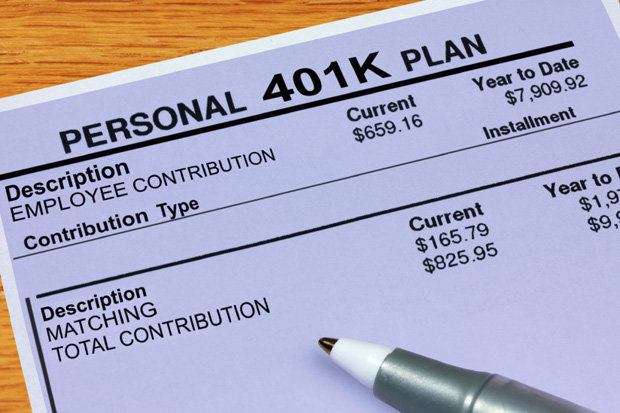
by Jay Beattey | Jan 17, 2016 | Articles, Personal Finance, Retirement, Wall Street, Wealth Building
The S&P 500 is down 8% this year already — including another 2.2% Friday — in what’s been the worst start to a year ever. Since the market peak on May 21, 2015, the market has declined 11.7%.”

by Jay Beattey | Oct 13, 2015 | Articles, Insurance, Personal Finance, Retirement, Wealth Building
Lately, I’ve been doing quite a bit of speaking on the subject of cash value life insurance as a savings vehicle and a source of retirement income. Without going into detail here, let’s highlight a few of the reasons that properly structured cash value life insurance...

by Jay Beattey | Aug 26, 2015 | Articles, Personal Finance, Retirement, Wall Street, Wealth Building
Every day – every year, I tell audiences nationwide – on radio, television, in print, and in person, that they need to be paying much more attention to the Three Wealth Killers (Market Risk, Taxes, and Fees/Commissions); and much less attention to the latest...

by admin | Aug 21, 2015 | Personal Finance, Retirement, Wall Street, Wealth Building
Effective planning requires evaluating options, making strategic decisions, and then acting in a way that lets you achieve your goal. For most people, a retirement plan requires careful consideration of all these elements to ensure a reasonable lifestyle when work is...

by Jay Beattey | Aug 18, 2015 | Articles, Personal Finance, Retirement, Wall Street, Wealth Building
No one likes the idea of learning bad news after it’s too late to do anything about it. But that’s exactly what most Americans will discover when they reach retirement. Are you one of them? You are if you’ve fallen victim to the allure of tax-qualified plans like...

by Jay Beattey | Apr 28, 2015 | Articles, Personal Finance, Retirement, Wall Street, Wealth Building
We know – by the rule of 72 – that money growing at 7.2% will double in 10 years. So $100 pre-tax dollars grows to $200 in 10 years; and $75 after-tax dollars grows to $150 in 10 years. That’s their proof.
However, when that $200 is taxed at the same 25% rate, the qualified account ends up with – surprise – $150. There is no mathematical advantage to tax deferral.






